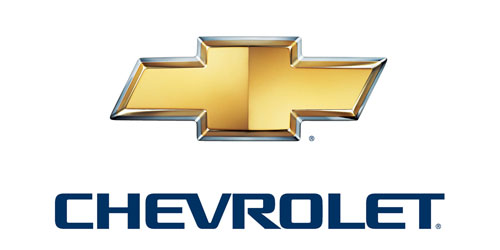
As we have previously written about, General Motors, LLC (“GM”) recently recalled 2017, 2018, and 2019 model year Chevy Bolt EV models due to a dangerous and unsafe fire risk. The vehicles have been catching fire at an alarming rate, and the cause of the fires remains unknown. GM initially tried to rectify the issue with an update that limited the charge capacity of the Bolts to 90 percent, but that did not stop the fires from igniting. While GM seems to be acknowledging the dangers created by its Bolt vehicles by buying back some of them under the lemon law, we are getting reports from many that GM is not promptly buying back their Bolt vehicle, or in many cases refusing to buyback the vehicles at all.
California’s lemon law requires that car companies repurchase defective and unsafe vehicles promptly, meaning in 30 days or less. The reason for the prompt repurchase requirement is simple – defective and dangerous vehicles need to be taken off of the road sooner rather than later so consumers are not injured or killed by those defective vehicles. If a car company like GM knows that its vehicles are defective or unsafe and refuses or fails to buyback a lemon within 30 days, GM might be liable for civil penalties. Civil penalty damages are supposed to create an incentive for compliance with the lemon law, but GM seems intent on disregarding this requirement by refusing to buyback cars quickly and in many cases refusing to buy them back at all.
If you bought or leased a 2017, 2018 or 2019 Chevy Bolt vehicle in California, and if GM has refused to or failed to repurchase that vehicle under California’s lemon law, please contact our office for a free case evaluation. We have been fortunate to help many others and may be able to help you as well.



Write a comment: